Information (I) leads to understanding (U) which allows for a hypothesis (H) either an invention (I) or an innovation (I) that requires validation (V) before execution (E)
Having a valuable idea (or hypothesis) is not a time-consuming activity.
Which is, arguably, why it seems hard to place a high value on ideas.
What is time consuming, is the work that happens before and after the genesis of an idea.
The diagram above shows my view of the work involved in that process.
Information (I) leads to understanding (U) which allows for a hypothesis (H) that requires validation (V) before execution (E).
This is the process surrounding all valuable ideas (and my invention practice).
And the time and effort to deliver each stage is not equal.
Quality of input determines quality of output, which I believe is a universal truth.
If you try to standardise value across these parts of the value creation process, you naturally undervalue hypothesis and overvalue information and execution.
This is why, when modelling a professional services business, you have to present a balanced remuneration model so that your client recognises where and how value is created (you also need to define ownership of IP).
In any kind of business where ideas are generated, the application of this model will assist your value proposition.
Examples of the application of the model include:
· Agency and consultancy business modelling.
· Internal R&D or innovation team modelling.
· Both running and responding to pitches and RFI/P’s.
· Vocational education and academic IP generation.
· Entrepreneurial venture modelling.
· Value identification across investment businesses.
I have also built a bespoke toolkit around these five stages of value creation (PM me if that’s of interest). The toolkit is designed to focus and shorten the process.
I wrote this because over the course of my career I’ve seen great ideas, that have been very profitable, sold based on the time it took to have the idea (or hypothesis).
Valuable ideas may appear quickly and easily, but the complete process is long and difficult. The process creates value, and as a result it has value.
I hope you found that valuable.

